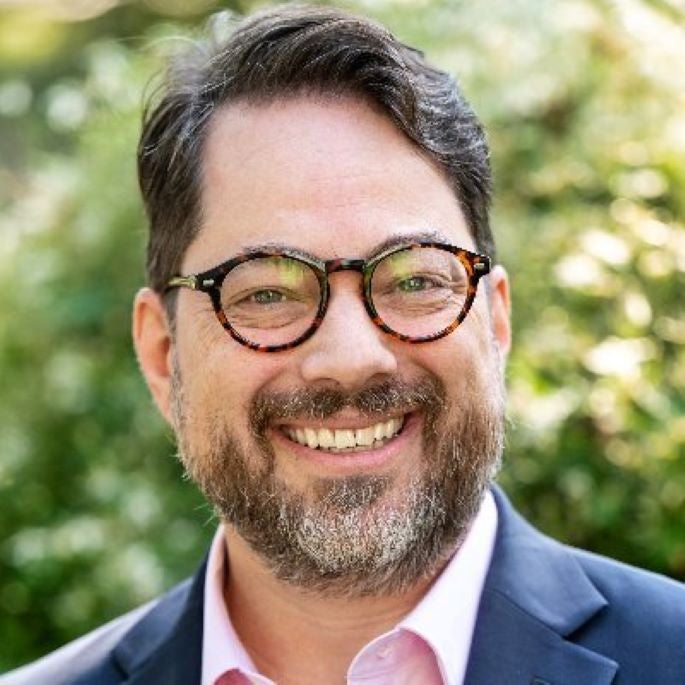
Jonathan Singer (PhD, 2009), Professor, Loyola University Chicago
Current job description
I teach mostly MSW foundational and clinical classes like human development, assessment in diagnosis, social work with adolescents, etc. I have taught doctoral-level seminars on systematic review, and theory. I just finished a 3-year NIMH-funded project looking at suicide prevention in Colorado schools. I will be spending the fall analyzing and writing up the data. I am consulting on another grant-funded project that is looking to adapt a school-based suicide prevention program for black students in Chicago in public schools.
Where do you call home today?
Evanston, Illinois
Who inspires you in your work?
My work in suicide prevention within schools is deeply inspired by the dedication of the social workers and other mental health professionals I’ve encountered who effectively address suicide risk while supporting students and their families through essential school-related activities. I am also grateful for the mentoring of Katie Greeno, my dissertation chair. She has been an endless source of insight and inspiration.
What is your biggest professional accomplishment?
My legacy will probably be creating The Social Work Podcast while I was still a doctorate student. It is the thing I get recognized for at conferences and contributed to me being inducted as a 2023 NASW Social Work Pioneer. I am proud of my book Suicide in Schools: A Practitioner’s Guide to Multilevel Prevention, Assessment, Intervention and Postvention, which has been used in hundreds of school districts to improve suicide prevention policies.
How has the social work education you received at Pitt helped you in your career?
The doctoral education at Pitt was rigorous and comprehensive. I took a variety of methodological classes and have used them all in my career. For example, I remember in one of the first classes, the professor told me that I was using the wrong unit of analysis to critique an article. It is a small but essential insight that helped me be more rigorous in my thinking. My coursework provided me with so many examples like this.
What is the most significant thing you learned at the Pitt SSW?
I learned how to think like a researcher. I had been a clinician for a decade, which is a very different way of thinking. Not only was learning how to think like a researcher essential for being a researcher, but it has helped me to support doctoral students who are clinicians but who want to be researchers. I know what they are going through.
What motivated you to pursue a degree in social work?
In undergrad, I was a resident life staff and had to get basic training in reflective listening and how to talk to people. The person who developed those trainings was a clinical psychologist and head of the counseling program. As a senior, I asked him how I could follow a similar career path, and he mentioned that if he were starting over, he would choose social work. After graduation, I worked as environmental organizer. I realized I love talking to people more than the politics or fundraising. Social work as a career path kept coming back around and I finally pursued it.
How much do you rely upon your Pitt SSW network in your work today?
Sixteen years after leaving Pitt to start my first faculty position, I don’t have much day-to-day reliance on Pitt’s SSW network. But, in the beginning of my career it was essential. David Brent at Western Psych is one of the most important researchers in suicidology and the fact that I knew David opened a lot of doors. Ed Sites, who started the Child Welfare training program, guided me when I was looking for my first job. I knew that the faculty were looking out for me.
What advice would you have for recent Pitt SSW alumni of the doctoral program?
I would encourage them to remember why they came to the program in the first place, and what they were hoping to become. Doctoral education is a very specific training, and it can take years to learn how to integrate who you are as a practitioner and who you are as a researcher. Last thing, you should expect to move jobs two or three times before you find your place as a professional.